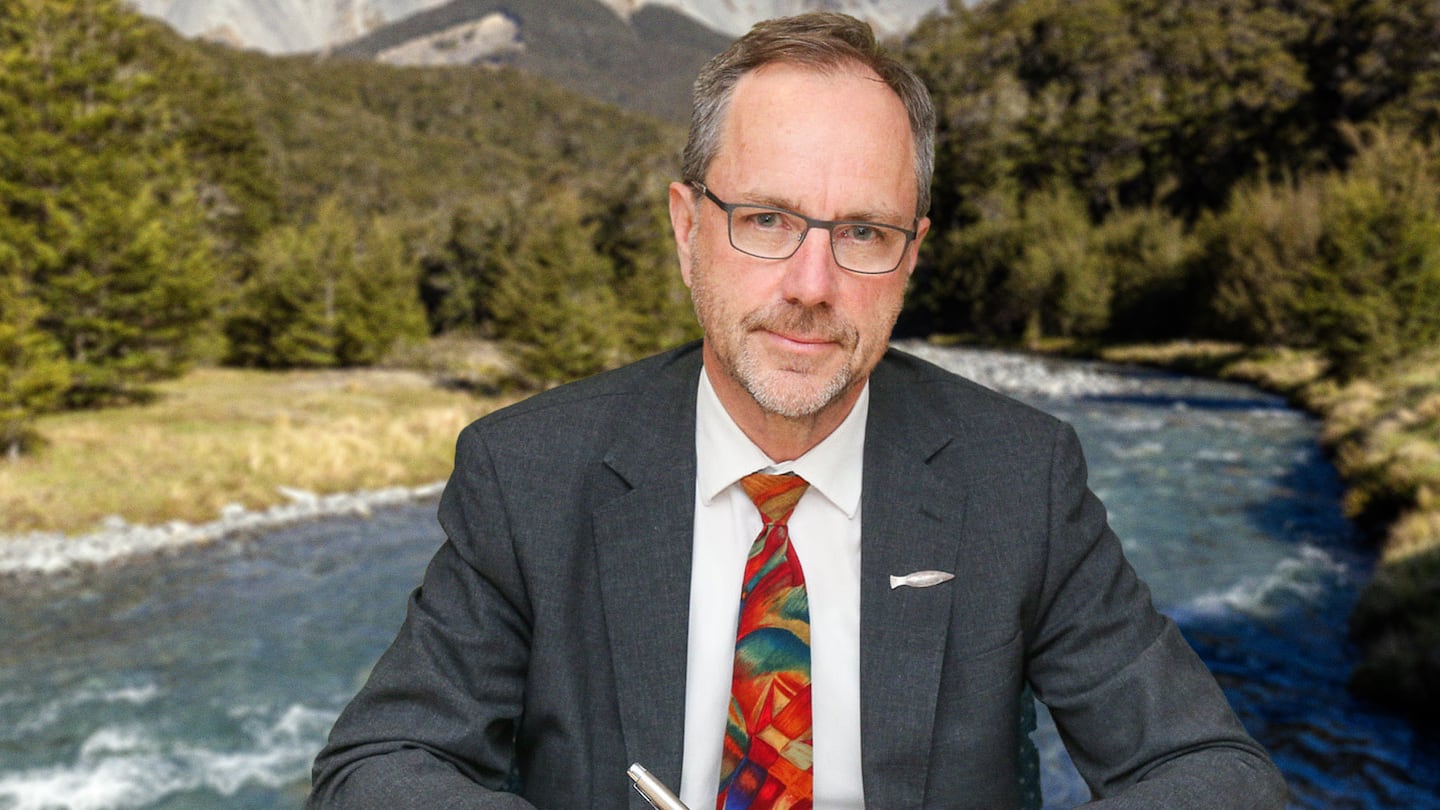Regional councils should build meaningful and enduring relationships with iwi and hapū to improve freshwater management, the Auditor-General has urged in a new report.
“Freshwater is one of New Zealand’s most important natural resources and the quality of our freshwater environment affects the lives of all New Zealanders,” auditor-general John Ryan says.
He emphasises the kaitiakitanga (guardianship) over freshwater within their rohe (territory) that iwi exercise and the cultural and traditional connections that tāngata whenua have with water bodies.
“Working with iwi and hapū in this way should be a core capability for councils, as it is critical to effective freshwater management, good environmental planning and a range of other responsibilities regional councils have,” Ryan says.
Waterways progress report
In 2019 the auditor-general looked at how Waikato Regional Council, Taranaki Regional Council, Horizons Regional Council, and Environment Southland were managing their freshwater quality. He recommended three of these councils (Waikato, Taranaki, and Horizons) strengthen their relationships with iwi and hapū in their regions.
In 2023 Ryan followed up and spoke with representatives from iwi and hapū to find what progress had been made. He found that all four councils now involved tāngata whenua in governance structures, they were all focused on strengthening relationships with iwi and hapū, and there were improvements in how they worked with iwi and hapū.
However, iwi and hapū representatives said they wanted more enduring and meaningful relationships with regional councils. Some said the regional councils tended to engage with them only for specific projects or had to focus on what were council priorities.
At times this led to regional councils engaging with the wrong people or not taking the time to understand iwi perspectives.
Some iwi and hapū said they had to repetitively explain their values and perspectives, one saying there was “an expectation that iwi would deliver ‘Treaty 101′ workshops” at every hui, which wasted time better spent on managing freshwater.
All four councils said they intended to improve the relationships with hapū and iwi and involve them in freshwater management and policy.
“These relationships can help regional councils better understand the values and aspirations iwi and hapū have for freshwater management,” Ryan says.
He encourages all councils to work with iwi and hapū and says mutually beneficial relationships can help address long-term issues like work capacity.
Some councils are investing in upskilling their staff so they have the capability to engage and understand iwi and hapū. One council has developed a series of workshops, which staff have found positive and enriching.
Ryan says there are examples where partnerships between tāngata whenua and councils have led to improvements in freshwater management.
In one region a co-governed water catchment reduced contaminants flowing into the water, created jobs and developed a mahinga kai for the iwi, and built knowledge and resources for farmers to reduce their business risk from environmental regulations. This built trust between iwi and the farming sector, which led to the development of further freshwater management initiatives.
Legislation changes impact
Regional councils have statutory obligations to involve iwi and hapū in freshwater management through Treaty settlements, the National Policy Statement for Freshwater Management (NPS-FM), the Resource Management Act 1991 and other pieces of legislation. In 2014 the NPS-FM introduced the concept of Te Mana o te Wai, the life-supporting capacity of water as a standard.
Six years later in 2020 the role of Te Mana o te Wai was clarified as being a fundamental concept in freshwater management and requires regional councils to involve tāngata whenua as much as they wish to be, which includes in decision-making processes, monitoring and preparing plans and policy statements. Regional councils must include mātauranga Māori measures of progress.
In 2023, the government said it would consult to replace the NPD-FM and the work would need to rebalance Te Mana o te Wai. Labour’s Spatial Planning Act and the Natural and Built Environment Act were repealed in December 2023, which means the RMA is the primary legislation controlling how the environment is managed. The RMA is to be amended as part of the coalition government’s agreement.
These legislative changes may affect how regional councils are required to involve tangata whenua in freshwater management.


